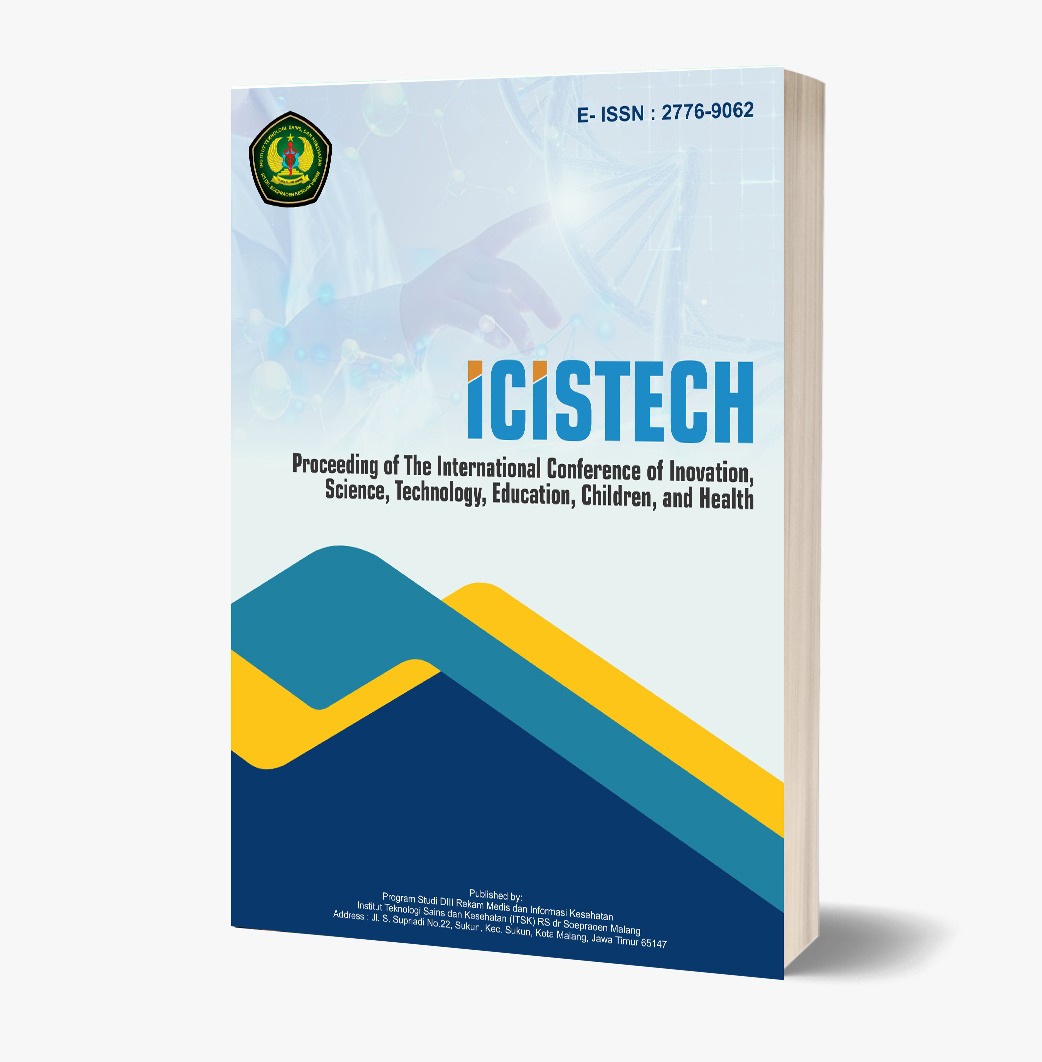Gamification in Early Childhood Education: Boosting Engagement and Learning Outcomes
DOI:
https://doi.org/10.62951/icistech.v4i2.130Keywords:
Gamification, Early Childhood Education, EdTech, Game-based Learning, Student EngagementAbstract
Gamification—the use of game mechanics in non-gaming contexts—has proven to be an effective tool for enhancing children's learning experiences. This paper examines how gamified learning platforms influence early childhood education by improving motivation, attention span, and knowledge retention. The study evaluates the effectiveness of various educational games and proposes best practices for implementing gamification in preschool and primary education.
References
Adams, D., & McArthur, D. (2015). "Gamification in education: What, how, why bother?" Academic Exchange Quarterly, 19(4), 74-81.
Anderson, C. A., & Dill, K. E. (2000). "Video games and aggressive thoughts, feelings, and behavior in the laboratory and in life." Journal of Personality and Social Psychology, 78(4), 772-790.
Anderson, C. A., & Dill, K. E. (2000). "Video games and aggressive thoughts, feelings, and behavior in the laboratory and in life." Journal of Personality and Social Psychology, 78(4), 772-790.
Anderson, C. A., & Dill, K. E. (2007). "Effect of violent video games on aggression." Journal of Personality and Social Psychology, 76(2), 772-790.
Caponetto, I., & Kirwan, C. (2017). "Gamification for educational purposes in early childhood." European Journal of Education, 52(3), 297-308.
Connolly, T. M., Boyle, E. A., MacArthur, E., Hainey, T., & Boyle, J. M. (2012). "A systematic literature review of empirical evidence on computer games and serious games." Computers & Education, 59(2), 661-686.
Deterding, S., Dixon, D., Khaled, R., & Nacke, L. (2011). "From game design elements to gamefulness: defining" gamification"." Proceedings of the 2011 annual conference on Human Factors in Computing Systems, 2425-2428.
Gee, J. P. (2003). "What video games have to teach us about learning and literacy." Computers in Entertainment (CIE), 1(1), 20-20.
Hamari, J., Koivisto, J., & Sarsa, H. (2014). "Does gamification work?--a literature review of empirical studies on gamification." Proceedings of the 47th Hawaii International Conference on System Sciences, 3025-3034.
Hamari, J., Koivisto, J., & Sarsa, H. (2016). "Does gamification work?--a literature review of empirical studies on gamification." Proceedings of the 47th Hawaii International Conference on System Sciences, 3025-3034.
Landers, R. N., & Callan, R. C. (2011). "Casual video games as serious games: The effects of gender and immersion on performance in a health simulation game." Simulation & Gaming, 42(1), 28-46.
Martin, J., & Van der Meijden, A. (2017). "Gaming for educational purposes in early childhood." Educational Technology Research and Development, 65(2), 423-440.
O’Neil, H. F., Wainess, R., & Baker, E. L. (2005). "Classification of learning outcomes: Evidence from games and simulations." Simulation & Gaming, 36(4), 502-522.
Steinkuehler, C., & Duncan, S. (2008). "Scientific habits of mind in virtual worlds." International Journal of Gaming and Computer-Mediated Simulations, 1(1), 17-29.
Zichermann, G., & Cunningham, C. (2011). "Gamification by design: Implementing game mechanics in web and mobile apps." O'Reilly Media, Inc..
Downloads
Published
How to Cite
Issue
Section
License
Copyright (c) 2024 Proceeding of The International Conference of Inovation, Science, Technology, Education, Children, and Health

This work is licensed under a Creative Commons Attribution-ShareAlike 4.0 International License.













